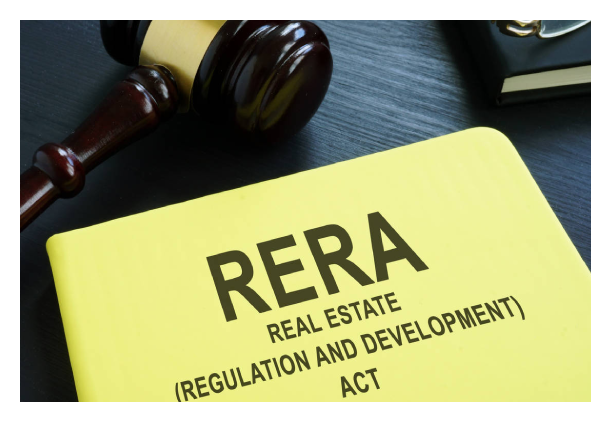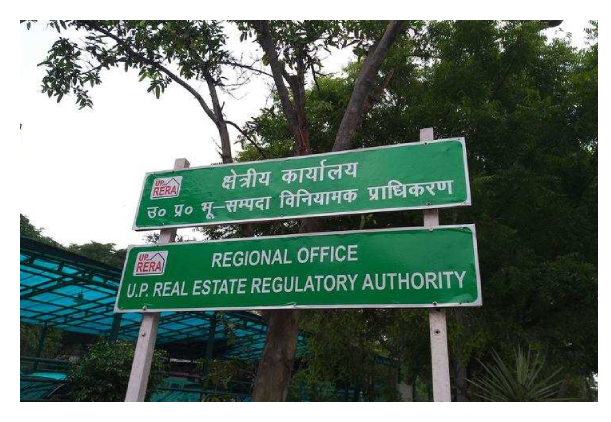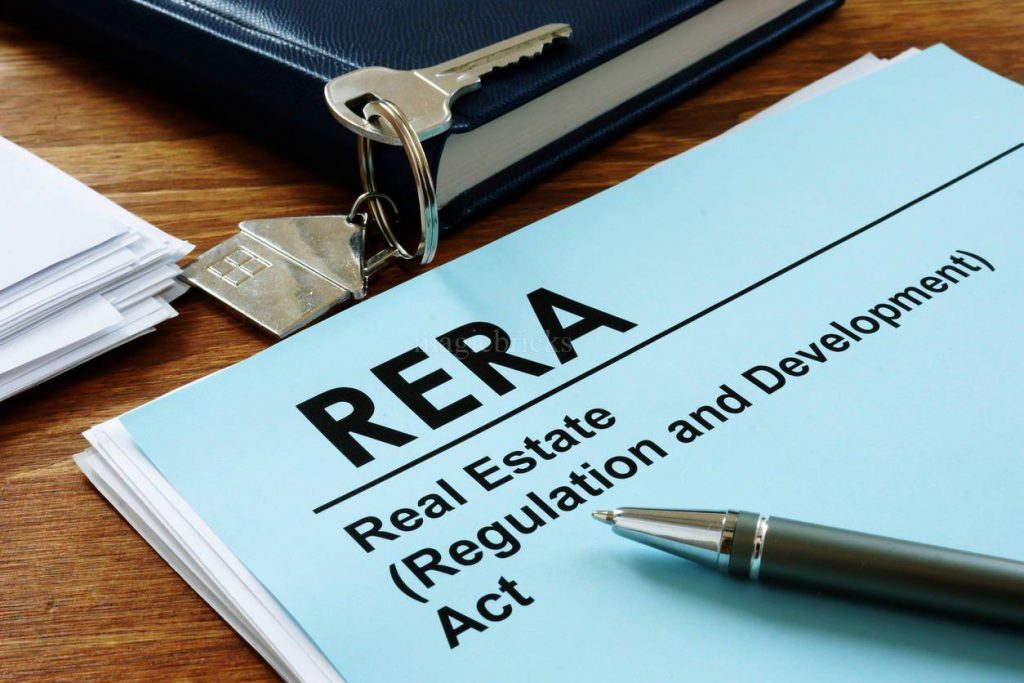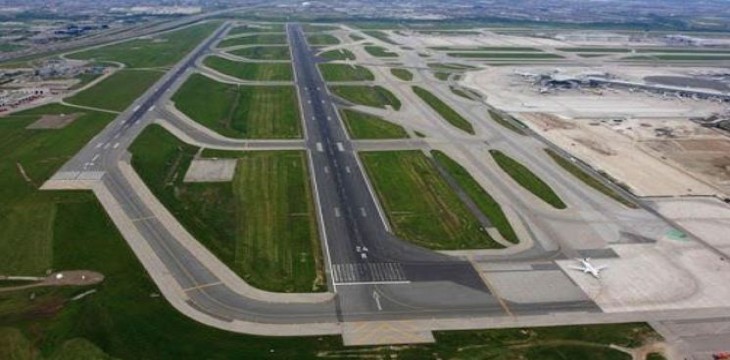According to the Uttar Pradesh Real Estate Regulatory Authority, developers can only give possession letters to buyers once they have obtained occupancy certificates from the development authorities. The regulatory authority has said that the model format has been prepared to protect homebuyers and prevent arbitrariness on developers’ part through the offer of possession.
The offering possession model format has been rejected by both real estate developers and homebuyers. The deemed approval clause in RERA, states that if the authority does not respond to a request for occupancy or a completion certificate within a certain amount of time, the approval is automatically deemed to have been granted, which is something that builders want the authority to take into consideration when making their decision.
Homebuyers believe that if the builders do not pay their bills, they will be the ones who suffer the most in any conflict between the government and the builders as a result of the ruling. The flats’ transfer would be further delayed as a result.
According to which UPRERA order, what?
Real estate developers are not permitted to include demand notices in possession letters, according to UPRERA’s directive.
“The promoters use the name and language of an “offer of possession,” which confuses the allottees and carries some binding conditions, in their “final demand letter” and “final demand notice.” According to UP RERA Chairman Sanjay Bhoosreddy, an “offer of possession” should only be intended for taking possession.
Since any other letter format is invalid, we have provided a sample ‘Offer of Possession’ on the portal. This will clear up any misunderstandings among the parties involved and assist in resolving any conflicts that might arise, “Boosreddy continued.
Following receipt of the project’s OC/CC (occupancy certificate/ completion certificate), the promoter will send a written offer of possession letter to the allottees’ registered email addresses and residential addresses via postal mail, as stated by the UP RERA. The allottees will also receive an SMS on their phones and mobile numbers.
The promoter “should also display information at the project site and its head office in this regard,” according to RERA.
“The Regulatory Authority has uploaded a model format of Offer of Possession so that uniformity can be achieved in the language and purpose of this letter,” the statement continued, “keeping in mind the complaints received regarding the Offer of Possession letter issued to the allottees by the promoters and the variety of formats of the letter.”
The letter’s main goal about the “offer of possession” should be to extend an invitation to the allottee to transfer ownership of their unit. A promoter must indicate the remaining finishing work and the estimated duration if the unit is still to be built.
“If the allottee is liable in any way, it should be covered by the Agreement for Sale and substantiated by evidence.”
Homebuyers disagree with the directive
Homeowners point out that they are still suffering and paying both rent and EMIs in some legacy projects where the builder refuses to pay land cost dues or show up to get the occupancy certificate.
The UP RERA Authority has not given thought to the possession issue. This is just an eyewash notification. The real issue with possession is that promoters force allottees to sign a declaration, indemnity bond, or other document stating that they are taking possession only after ensuring that everything is in order and that they will have no further claims against the promoter “said Abhay Upadhyay, president of the Forum for People’s Collective Efforts, an organization founded to address concerns raised by home buyers, particularly those about RERA.
Furthermore, he said the use would be denied by an allottee who declines to sign such a document if he finds flaws in the apartment, the common areas, or the unfinished facilities and amenities.
He notes that the Act stipulates that the promoters may only offer possession after receiving OC/CC, making it difficult to comprehend the reasoning behind this notification.
“Instead of sending out a notice, action against promoters offering possession without obtaining OC/CC should have been taken, if the UP RERA Authority is receiving complaints from allotted to that effect. It is unreasonable to expect builders to follow this notice if they are not complying with the Act’s requirements. He queries.
Second, it is customary for the final payment to be due at the time of possession. Therefore, if money is still owed to the builder, it makes no difference to allottees whether the demand notice is sent with the possession letter or not. He notes that the notification does not address the pointless issue of whether the demand– whether made in conjunction with or apart from a possession letter— is legitimate.
The only requirement of this notification is that demand notices be sent separately. Since promoters cannot combine their demand notices with the possession letter, it could cause issues if they begin sending their last and final demand notices ahead of schedule. According to him, in that case, the allottee would wind up paying the full consideration amount without obtaining possession.








